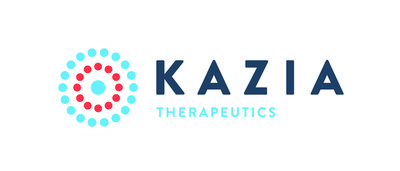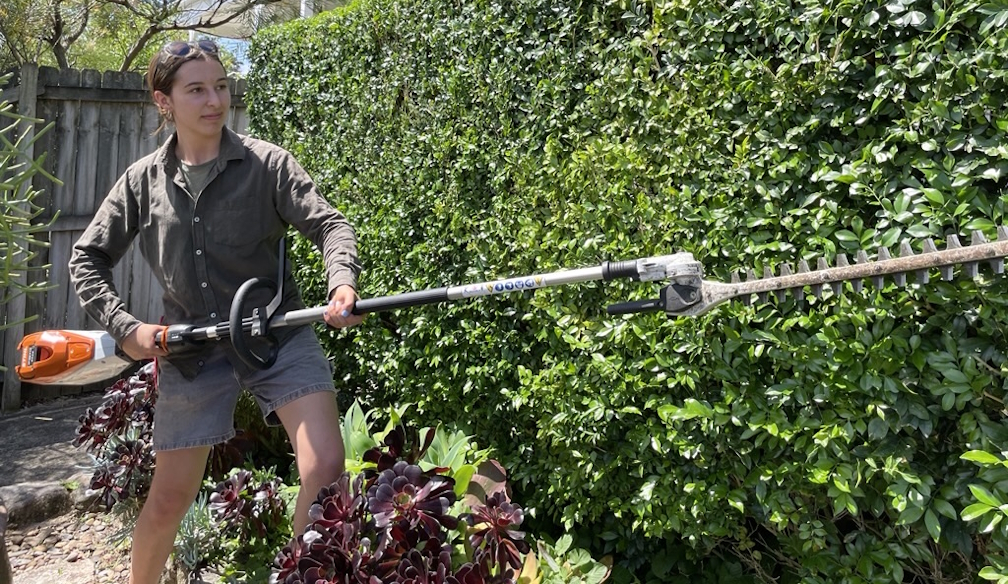US FDA Awards Fast Track Designation (FTD) to Paxalisib for Glioblastoma-PR Newswire APAC

|
SYDNEY, Aug. 20, 2020 /PRNewswire/ -- Kazia Therapeutics Limited (ASX: KZA; NASDAQ: KZIA), an Australian oncology-focused biotechnology company, is pleased to announce that the United States Food and Drug Administration (FDA) has granted Fast Track Designation (FTD) to Kazia's paxalisib (formerly GDC-0084) for the treatment of glioblastoma, the most common and most aggressive form of primary brain cancer.
Key Points
- Fast Track Designation (FTD) is designed to expedite development of pharmaceutical products which demonstrate the potential to address unmet medical needs in serious or life-threatening conditions
- FTD provides Kazia with substantially enhanced access to FDA, including opportunities for face-to-face meetings and written consultation throughout the remaining development of paxalisib
- Drugs with FTD are eligible to apply for Accelerated Approval and Priority Review at the time of a New Drug Application (NDA) submission, which may result in faster product approval
- FTD also allows for 'rolling review', whereby Kazia may submit completed sections of the paxalisib NDA as they become available, rather than at the end of development
- Kazia consequently plans to begin initial preparatory activities for NDA filing for paxalisib in CY2021
Kazia CEO, Dr James Garner, commented, "in awarding Fast Track Designation to paxalisib, FDA has recognised the drug's potential to meaningfully improve outcomes for patients with glioblastoma. This is a very powerful acknowledgement. The opportunities that Fast Track Designation creates, as we move towards an NDA filing, are of great value and have the potential to substantially accelerate the commercialisation of paxalisib. In particular, the 'rolling review' process enables Kazia to complete and submit substantial sections of our NDA filing in advance, saving time and reducing risk for the product. We look forward to working closely with FDA as we move into the final stage of development for paxalisib."
The specific indication for which FTD has been approved is "for the treatment of patients with newly diagnosed glioblastoma with unmethylated O6-Methylguaninemethyltransferase (MGMT) promotor status who have completed initial radiation with concomitant temozolomide." This language precisely reflects the patient population studied in the ongoing phase II study, and is the primary proposed population for the GBM AGILE pivotal study, and is the intended indication at commercial launch.
Kazia announced on 7 August 2020 that FDA had granted paxalisib Rare Pediatric Disease Designation (RPDD) for DIPG, an aggressive childhood brain cancer. For clarity, this granting of FTD for glioblastoma is not specifically connected to the prior granting of RPDD in DIPG.
Fast Track Designation
Introduced under the FDA Modernization Act (1997), Fast Track Designation (FTD) may be awarded by FDA to investigational drugs which treat a serious or life-threatening condition, and which fill an unmet medical need. FDA notes that 'the purpose [of the Fast Track program] is to get important new drugs to the patient earlier.'[1] FTD must be requested by the sponsor company and must be accompanied by a detailed review of both preclinical and clinical data. To be awarded FTD, drugs must generally be able to show some potential advantage over existing therapies, either in terms of safety or efficacy.
The key benefits of FTD comprise enhanced access to FDA, with regular and more frequent opportunities for consultation and discussion. In addition, drugs with FTD may be eligible for Accelerated Approval, in which a new medicine is approved prior to the availability of definitive data, and Priority Review, in which the standard 12-month review process is reduced to six months. Drugs with FTD may also enter a 'rolling review' of their NDA submission, in which sections are submitted and reviewed as they become available, substantially expediting the approval process.
Next Steps
Kazia completed recruitment to its phase II clinical trial of paxalisib in newly diagnosed glioblastoma in February 2020, and interim clinical data was presented at the American Association of Cancer Research (AACR) Virtual Annual Meeting II in June 2020. Overall survival was calculated at 17.7 months, which compares favourably to a historical figure of 12.7 months for temozolomide, the existing FDA-approved standard of care.
Kazia expects to present further data from this study in 2H CY2020, and to conclude the study in early CY2021.
Paxalisib has been selected to join the international GBM AGILE pivotal study in glioblastoma, and recruitment is expected to begin in 2H CY2020.
[1] https://www.fda.gov/patients/fast-track-breakthrough-therapy-accelerated-approval-priority-review/fast-track[1]
Logo - https://photos.prnasia.com/prnh/20171120/1996749-1LOGO?lang=0[2]
References
Read more https://www.prnasia.com/story/archive/3098335_AE98335_0















